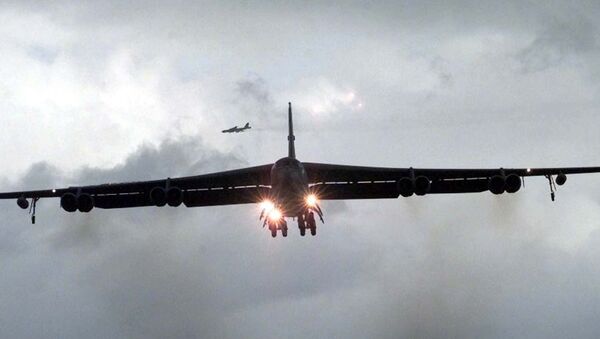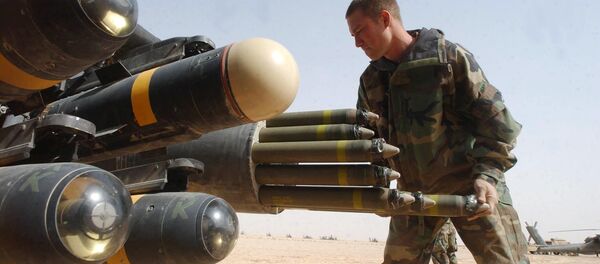Operation Inherent Resolve costs American taxpayers about $12.5 million per day, according to the latest Pentagon data. Considering the US has led a coalition of mostly NATO allies in the fight since June 2014, the most recent estimate of US spending on the fight against ISIS comes out to be about $10.7 billion. At the end of 2015 the US had shelled out $5.5 billion for its war effort.
Air support consumed a plurality of taxpayer money. The Air Force spent more than other defense services, chipping in $6 billion to initiate at least 17,000 strikes to date, according to DoDBuzz, an arm of Military.com. During the US-led November 2016 barrage of Mosul, aircraft rained bombs and Hellfire missiles onto the city approximately every 8 minutes, a military official said. "It’s a really high rate to be concentrated over a one city over a prolonged period of time," Col. Daniel Manning said at the time in an interview with Military.com.
While the Pentagon has touted F-35s stealth capabilities for years, for fighter jets and support aircraft in the Middle East theater, where Manning serves, "being seen is actually a pretty good thing," he said. "Frankly, we want our partners and the enemy to see the airpower [the B-52 Stratofortress] has overhead" since the Boeing-made heavy bomber "encourages our partner force that we have their back."
US military estimates have reported that Daesh’s territory has been halved since the start of Operation Inherent Resolve. Recent airstrikes in Palmyra, Syria, destroyed 168 enemy oil tankers and over 20 enemy oil cargo ships, DoD officials said. Oil holdings are thought to be one of Daesh’s key sources of funding for its war operations.
While officials remain cautious of providing "drop-dead" timelines where operations against the extremists would be completed, US Lt. Gen. Jeffrey Harrigian, commander at the Air Force’s Central Command center, believes the US-led coalition is making progress. "There would be a larger strategic message we sent to them: Nice try…Keep trying to hide; we will hunt you down again," Harrigian said following the Palmyra strikes.



